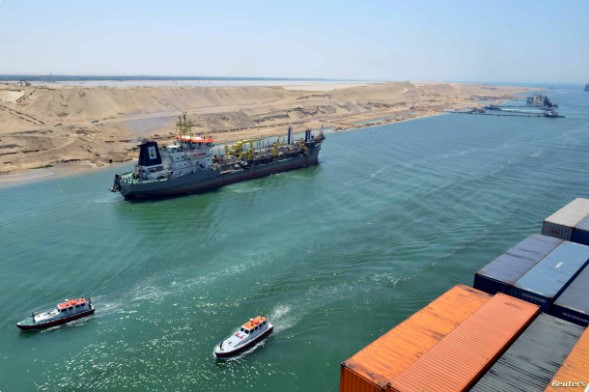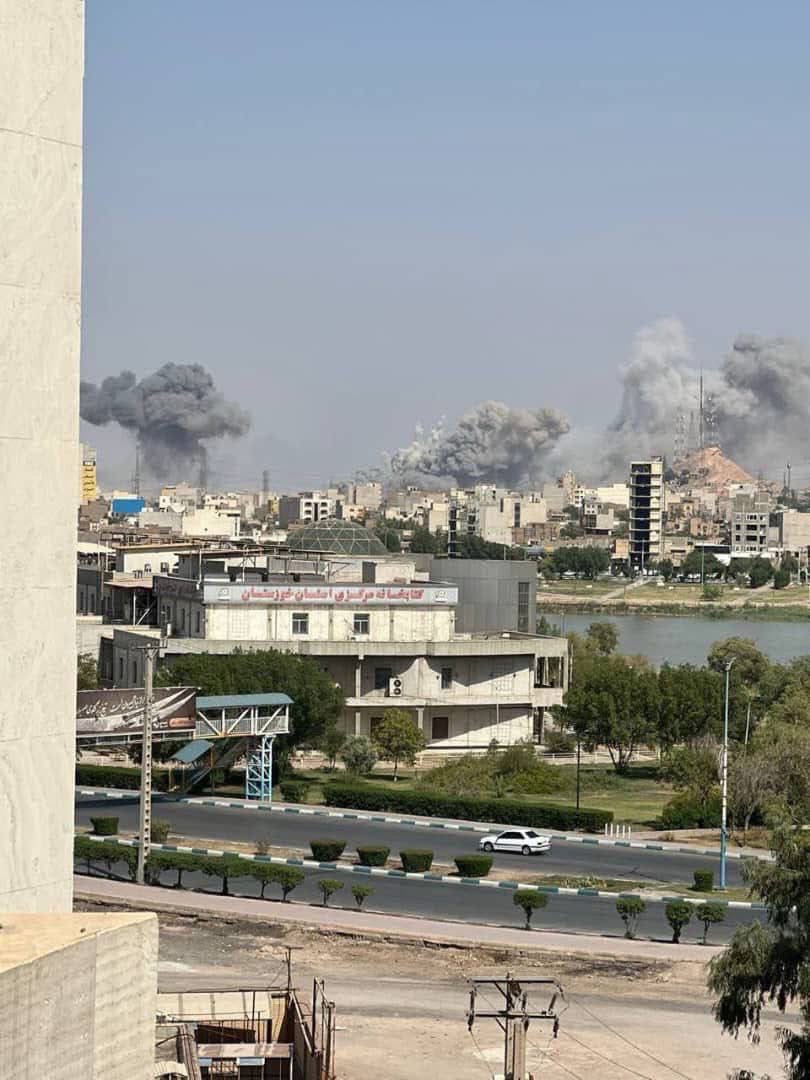
Barran Press
On December 26, 2024, the Egyptian presidency announced that the Suez Canal has lost nearly $7 billion in revenue this year, primarily due to ongoing conflicts in the Red Sea and the Bab el-Mandeb Strait.
This statement followed a meeting between President Abdel Fattah el-Sisi and Osama Rabie, head of the Suez Canal Authority. Presidential spokesperson Mohamed Shenawy highlighted the meeting's focus on the impact of regional conditions on maritime traffic through the canal.
While the statement did not disclose the total revenue for the Suez Canal in 2024, it noted that the canal generated $10.25 billion in 2023, according to official figures.
In a report from the International Monetary Fund (IMF) on November 20, 2024, it was revealed that tensions in the Red Sea had caused Egypt to lose 70% of its Suez Canal revenue, a crucial source of foreign currency for the country. This announcement came after an IMF delegation concluded a visit to Egypt for a review of an economic reform program linked to an $8 billion loan.
The IMF stated that ongoing geopolitical tensions in the region continue to pose challenges to economic prospects, including for Egypt.
Since November 2023, the Houthi group, classified as a terrorist organization by many countries, has launched missile and drone attacks against commercial shipping vessels in the Red Sea, the Arabian Sea, and the Gulf of Aden. This has prompted many ships to avoid the Suez Canal in favor of the longer route around the Cape of Good Hope, despite the higher costs.
These attacks have not only diminished revenues for the Suez Canal but have also exacerbated the humanitarian crisis in Yemen and increased marine insurance costs. The Houthis claim their actions support resistance in Gaza, while local critics argue it is an attempt to evade peace obligations in Yemen.
The Suez Canal is one of the world's most vital waterways, providing the shortest shipping route between Europe and Asia and serving as a primary source of hard currency for Egypt.





